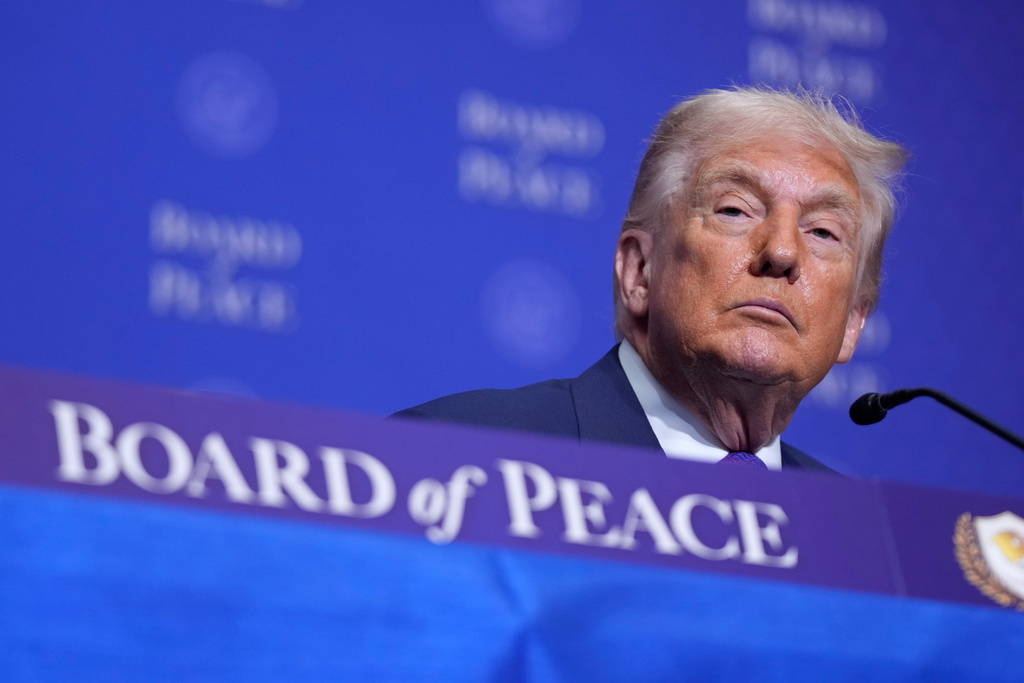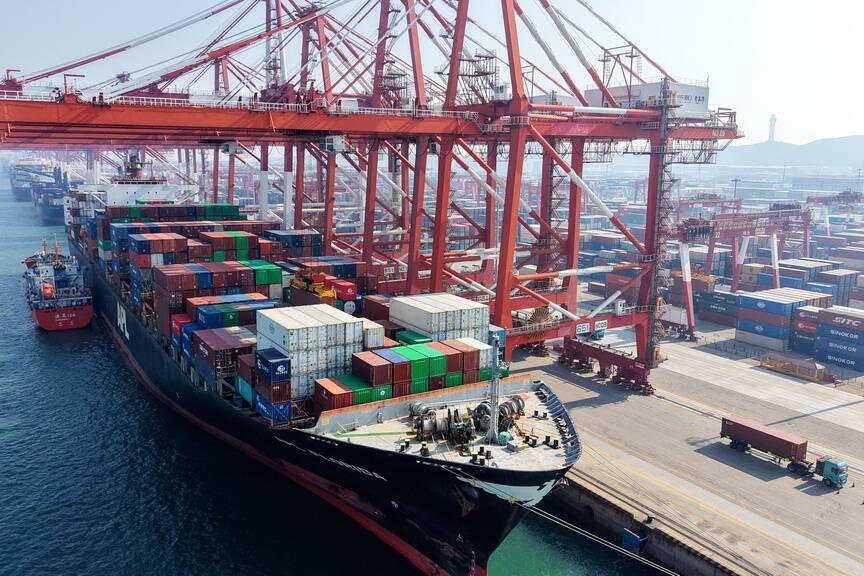As Israeli airstrikes hit nuclear and military sites across Iran and Tehran responds with drones and missiles targeting Israeli cities, the Middle East is again on the edge of broader war. But while the headlines focus on the Israel–Iran confrontation, Iran’s leaders have long believed the United States is their true enemy. See in their own words, how Iran’s leaders view the U.S.
The “Great Satan” Label Began in 1979
This worldview took shape during the 1979 Islamic Revolution. Ayatollah Ruhollah Khomeini labeled the United States “the Great Satan,” framing it as the source of Iran’s oppression under the Shah and a threat to its independence. Israel, in turn, was labeled “the Little Satan.”
Khamenei: America Is Iran’s “Number One Enemy”
Ayatollah Ali Khamenei, Iran’s Supreme Leader since 1989, has kept that posture intact. “America is the number one enemy of our nation,” he said in a 2015 speech, even as Iran was finalizing the JCPOA nuclear deal. He later described America as “the most wicked, sinister enemy,” and accused U.S. leaders of being “liars and charlatans,” warning Iranians not to trust U.S. engagement, even in moments of diplomacy.
Iran’s Political and Military Leaders Reinforce the Message
This framing extends across Iran’s political and security apparatus. In 2007, Guardian Council head Ahmad Jannati stated, “We are the enemies of America. The hostility between us is not a personal matter. It is a matter of principle.”
Current Quds Force commander Esmail Qaani warned in 2020, “Be patient and see the dead bodies of Americans all over the Middle East,” following the U.S. strike that killed his predecessor. Major General Hossein Salami, the now-deceased commander of Iran’s Revolutionary Guard Corps, declared the regime’s intent to “break America, Israel, and their partners… and cleanse the planet from the filth of their existence.”
Table: Notable Iranian Quotes About the United States
 Beyond this rhetoric, Iran has also repeatedly detained – and killed – U.S. citizens. It began with the 1979 hostage crisis, when 52 Americans were held for 444 days. Since then, dual nationals and American citizens have been arrested on vague charges and used as bargaining chips in negotiations. As recently as 2023, Iran released five American detainees as part of a U.S.-negotiated prisoner swap.
Beyond this rhetoric, Iran has also repeatedly detained – and killed – U.S. citizens. It began with the 1979 hostage crisis, when 52 Americans were held for 444 days. Since then, dual nationals and American citizens have been arrested on vague charges and used as bargaining chips in negotiations. As recently as 2023, Iran released five American detainees as part of a U.S.-negotiated prisoner swap.
In the latest round of fighting, Iranian missiles and drones did not stop at Israeli cities. Several landed near the U.S. embassy in Tel Aviv. Iranian military officials have continued to accuse Washington of fueling the conflict, both through support for Israel and through decades of sanctions and economic pressure.
The U.S.–Iran Conflict Is Bigger Than the Israel–Iran War
To Tehran, Israel is a frontline concern, but America is the ultimate enemy. Understanding this distinction matters. It shapes how Iran responds in crises, how it views diplomacy, and how it measures risk. This conflict may look like a clash between two regional enemies. But in the eyes of Iran’s leaders, the real struggle is with the United States. And it has been for decades.
Related
Sam Zickar
Sam Zickar is Senior Writer at No Labels. He earned a degree in Modern History and International Relations from the University of St Andrews and previously worked in various writing and communications roles in Congress. He lives in the Washington, D.C. area and enjoys exercise and spending time in nature.





You must be logged in to post a comment.